A close-up photo by a netizen showing part of the Myawaddy Park on the Thai-Myanmar border. (Video screenshot)
[People News] The KK Park in Myawaddy, Myanmar, has almost become synonymous with terrorism. Crimes such as human trafficking, illegal detention, forced labor, torture, rape, murder, and even organ harvesting occur there daily, with Chinese nationals being the primary victims. Allegedly, there are hundreds of similar parks across Myanmar, with more than 70,000 Chinese citizens trafficked or kidnapped into these hellholes every year.
On January 7, Chinese actor Wang Xing was rescued, once again shedding light on the atrocities in Myawaddy and sparking widespread attention. It is difficult to fathom how such brazenly lawless modern slavery factories exist in an era of advanced technology and seamless information exchange. What angers Chinese citizens most is why the Beijing government, which wields considerable political influence in Myanmar, has not rescued the Chinese nationals suffering torture in these hellholes.
The truth is that the masterminds behind these demonic industrial parks are none other than the Chinese Communist Party (CCP). The continued existence and unhindered operation of these hellholes are the malicious fruits of the CCP’s strategy of unrestricted warfare.
Unrestricted Warfare and the CCP’s War System
In 1999, two Chinese military officers published the book Unrestricted Warfare, which drew significant attention from the Western world. The authors described “unrestricted” as follows: “Unrestricted means exceeding all boundaries that are known or can be understood—be they material, spiritual, or technological. It transcends limits, restrictions, rules, laws, norms, or even taboos.”
Thus, unrestricted warfare not only transcends the rules and limits of traditional warfare but also surpasses the moral and ethical boundaries that sustain normal social relations. The goal is to destroy opponents by any means necessary. In the authors’ words, it is about being a “complete Machiavellian in military strategy”—using any and all means to achieve one’s goals.
Unrestricted warfare embodies the core ideology of Marx’s The Communist Manifesto, which states: “Communists disdain to conceal their views and aims. They openly declare that their ends can be attained only by the forcible overthrow of all existing social conditions.” This means that the existing framework of human civilization—including morality, ethics, and laws—is considered by the Communist Party as obstacles to be destroyed. The CCP’s choice of unrestricted warfare is its only path to dismantling the cultural and institutional structures that uphold normal human society.
In 2003, a leaked internal speech by former Chinese Defense Minister Chi Haotian titled War Is Not Far from Us; It Is the Midwife of the Chinese Century made waves online. The speech covered three main points: 1. Economic development is a facade; war has always been the CCP’s ultimate objective. 2. The CCP’s fate is tied to the world’s fate; the Party’s interests outweigh those of humanity. If the Party ceases to exist, the world should not exist either. 3. The CCP and the U.S. have a life-or-death, zero-sum relationship. Resolving the “American problem” is a historical task for the CCP, with plans to use biological weapons for a future “clearing operation” against the U.S.
This speech has circulated widely online. Based on its content, linguistic style, strategic vision, and values, it appears highly credible and serves as a crucial document for understanding the CCP’s true intentions.
The ideas presented in Unrestricted Warfare and Chi Haotian’s speech align closely. The former reveals that the CCP’s global strategy operates without limits, while the latter elaborates on its overarching direction and objectives. Chi’s speech also highlights the wartime nature of the CCP’s system, where all policies and actions are geared toward preparing for war, with the United States as the primary adversary.
From this, it becomes clear that the CCP’s rhetoric about openness, friendly cooperation, and economic development is nothing more than a carefully crafted facade. Beneath the surface lies a malevolent demon. In 2013, CCP leader Xi Jinping proposed the “Belt and Road Initiative,” exporting and expanding the CCP’s economic model globally. This demon has since extended its claws into strategic global regions, seeking to further its geopolitical ambitions.
Exerting Every Possible Means to Control Myanmar: The CCP’s Creation of the Myawaddy Hellhole
Myanmar is a crucial gateway in the Chinese Communist Party’s (CCP) Belt and Road Initiative (BRI) in Southeast Asia, serving as the only overland connection for the CCP to access the Indian Ocean for strategic resources. Compared to Pakistan or other regions, Myanmar’s proximity to China’s inland areas offers lower transportation costs and greater efficiency, making it an ideal overland route to the Indian Ocean.
The CCP operates several ports along Myanmar’s Indian Ocean coast, with the Kyaukpyu deep-water port in Rakhine State being the most significant. The China-Myanmar oil and gas pipelines run through Myanmar’s territory from Kyaukpyu to Yunnan, providing the CCP with a route to import energy from the Middle East and Africa while bypassing the Malacca Strait, thereby significantly reducing the geopolitical risks it faces.
Moreover, Myanmar is strategically located along the Indian Ocean, with its Kyaukpyu port and Pakistan’s Gwadar port on the Arabian Sea both being suitable for military port development. The CCP has invested heavily in building port facilities in both locations, creating conditions for future naval deployments and forming a strategic pincer against India.
To achieve these strategic goals, the CCP must maintain a deep grip on Myanmar’s political landscape. The CCP’s infiltration into Myanmar has occurred in two phases: the export of revolution in the last century and economic penetration in the current one.
From the 1950s to the 1970s, the CCP supported the Communist Party of Burma (CPB) during a peak period of revolutionary export in Southeast Asia. Senior CPB leaders received training at the International Marxism-Leninism Academy in Beijing and served in the CCP’s military. At its peak, the CPB controlled approximately 10,000 square kilometers of territory. After the CPB’s defeat in the 1990s, many leaders fled to China, leaving Myanmar’s fragmented local armed groups in a more complex state. To this day, the Myanmar government struggles to assert control over the entire country, with many areas in northern and southeastern Myanmar remaining under the control of local factions.
In the 21st century, following its rapid economic growth after joining the World Trade Organization, the CCP launched the BRI in 2013, seeking to use capital exports to dominate strategic locations in Southeast Asia. As previously mentioned, the CCP’s capital exports are merely a facade, with its operations rooted in its strategy of unrestricted warfare. Myanmar’s fragmented political landscape has provided the CCP with an excellent opportunity for capital penetration. On one hand, the CCP employs common methods of economic infiltration—bribery, kickbacks, and profit-sharing—to corrupt Myanmar officials and push forward large-scale infrastructure projects such as the China-Myanmar oil and gas pipelines and the Kyaukpyu Economic Zone deep-water port. On the other hand, the CCP supports local armed factions with funding, technology, labor, and military equipment, enabling it to build industrial parks in these regions, further strengthening its influence and positioning itself as the mastermind behind Myanmar’s fragmented factions.
The KK Park in Myawaddy, located on the Myanmar-Thai border in Kayin State, is one such industrial park built with CCP capital. The park is under the control of Chinese nationals. Myawaddy is a contested area between the Myanmar government and local factions, with multiple forces deeply entrenched, providing the CCP with an advantageous opportunity to control the region. Additionally, its location on the edge of the Golden Triangle and as a key city along the Myanmar-Thai border makes Myawaddy a vital hub for cross-border smuggling and illegal trade, linking it closely to the Golden Triangle’s networks.
According to information from Wikipedia, KK Park is surrounded by four-meter-high walls with electrified barbed wire. Inside the park are supermarkets, hospitals, restaurants, hotels, casinos, and armed sentry posts every 100 meters, with armed patrol vehicles regularly circling the area. Fraudulent groups lure victims into the park with promises of high-paying jobs, then force them to engage in telecom scams. Those who fail to meet scam quotas or attempt to escape are subjected to torture, including being locked in water cages, beaten, and force-fed chili water. As of 2022, the KK Park employed as many as 20,000 people in illicit industries, most of whom were Chinese nationals. The park operates under the protection of local warlords and uses encrypted cryptocurrency wallets to store funds scammed from victims. A vast organ trafficking pipeline has also been established within the park, making it the final stop in the human trafficking chain. Victims deemed worthless are killed, and their organs are harvested for sale.
Unrestricted Warfare’s Bitter Fruit: Chinese Citizens and Human Resources Become Export Commodities
From August to October 2023, the CCP conducted a high-profile campaign involving four nations to crack down on telecom fraud. However, contrary to the campaign’s purported goals, these scam compounds have not only persisted but are expanding, with the CCP’s influence deeply embedded in their operations. The notorious KK Park in Myawaddy is being developed as a strategic stronghold on the Myanmar-Thailand border.
Insiders revealed to Radio Free Asia that the notorious telecom fraud compound KK Park has not closed down; on the contrary, it is undergoing large-scale expansion into a concentration camp-style new park. The KK Park in the Myawaddy area has already expanded to its fourth phase. Many of the behind-the-scenes controllers of KK Park are from the CCP's Ministry of State Security.
On January 14, 2023, a whistleblower, Mr. Wang, disclosed to NTDTV that the rescue of Wang Xing, a victim of the scam network, was not facilitated by Chinese or Thai authorities but by a Macau triad leader known as Broken Tooth (real name: Wan Kuok-koi). Wan allegedly contacted the leader of the compound in northeastern Myanmar, where Wang Xing was being held. Wan, who wields significant power in the region, managed to secure Wang Xing’s release within three days, bypassing official routes. Wang was transported via KK Pier and handed over to Thai authorities.
Mr. Wang revealed that there are more than 30 telecom fraud compounds similar to KK Park in Myawaddy, and the behind-the-scenes bosses of these compounds are all heads of local Chinese business associations, managed by the CCP's United Front Work Department. Many of these individuals came with the "Belt and Road" initiative. Mr. Wang said that the CCP's vast intelligence and United Front systems rely on these compounds. In these parks, those specializing in internet operations not only engage in fraud but are also hackers, providing intelligence to the CCP, which is then handed over to the Ministry of Public Security.
According to the above information, the actual controllers of the telecom fraud parks in Myanmar include at least the CCP's Ministry of State Security and United Front Work Department, along with various intelligence agencies under these systems. The CCP uses these industrial parks' massive slave labor factories to provide huge financial returns to local criminal forces and create employment opportunities in the region, aiming to establish long-term effective control over these areas. To achieve these goals, China’s domestic "chives" (a derogatory term for exploited citizens) and human resources are "exported" to these parks, becoming sacrifices in the CCP's implementation of its unrestricted warfare strategy.
This also explains why the CCP authorities turn a blind eye to the disasters suffered by Chinese citizens kidnapped and taken there, as the source of these disasters is the CCP itself.
Former senior investigative reporter Zhao Lanjian tweeted on January 15 that the Chinese government and the China Development Bank had provided "Belt and Road" funding to Myanmar. These so-called large-scale infrastructure projects in Myanmar were divided up by state-owned enterprises and private enterprises linked to CCP elites. The notorious KK industrial parks are among the nearly a thousand parks that enslave and massacre Chinese people. The collusion between the boss named She and the CCP elites is the key reason why decisive action has not been taken against these operations for the past seven or eight years.
Zhao Lanjian stated that Myawaddy is a complete terrorist operation, not just telecom fraud. The Chinese government has deliberately muddled this concept. All Chinese citizens captured in Myawaddy are victims, not perpetrators as the CCP claims. The forced imprisonment and murder of individuals cause far more harm to society than telecom fraud.
Zhao also highlighted that the social reality of 70,000 Chinese people being kidnapped in Thailand and taken to Myanmar every year represents a total failure of the "Belt and Road" policy. The large-scale investments under the "Belt and Road" initiative have turned into a massive backfire, threatening the lives of Chinese citizens.
Veteran media personality Guo Jun, on a recent episode of the New Tang Dynasty's "Elite Forum," mentioned that Myanmar, after gaining independence, refused to join the U.S.-supported ASEAN and chose to cooperate with the CCP. Initially, ASEAN was a military cooperation organization intended to prevent communist infiltration. Other early ASEAN countries, including Thailand, the Philippines, Malaysia, Singapore, and Indonesia, managed to maintain their independence and government control. However, Myanmar did not join ASEAN and is now essentially a failed state. The Myanmar government controls only half the country, while the other half is essentially controlled by the CCP.

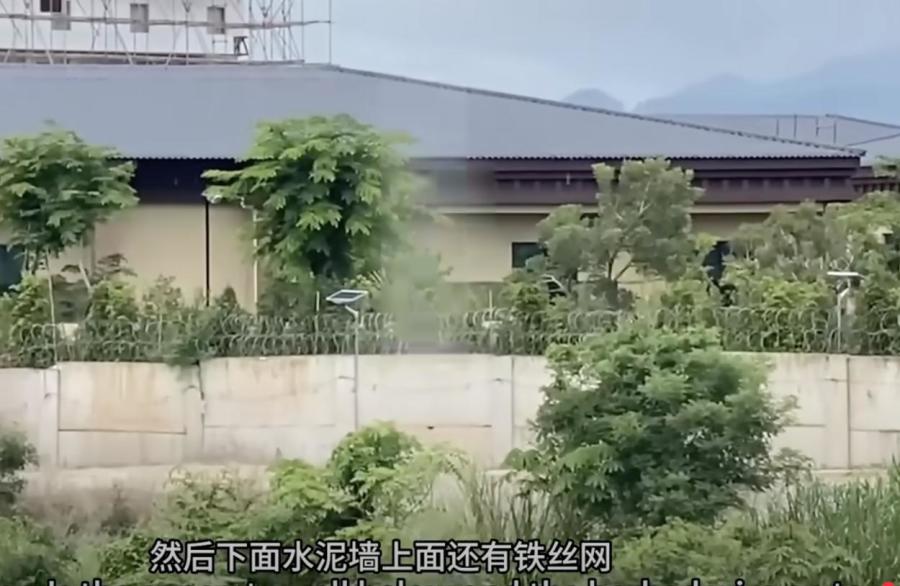
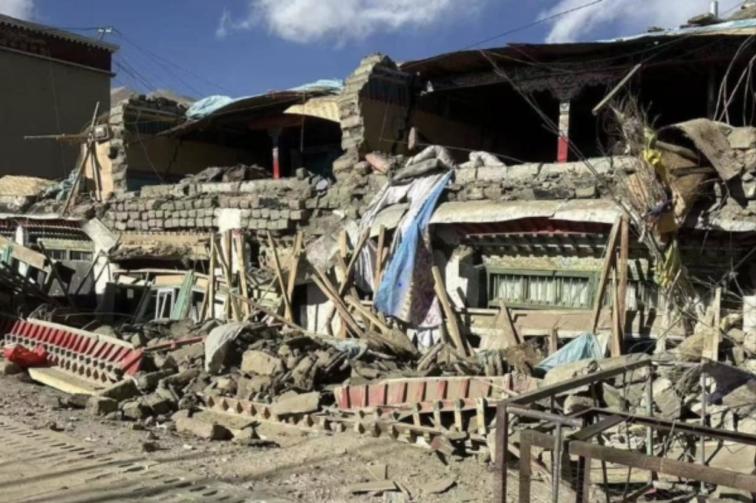

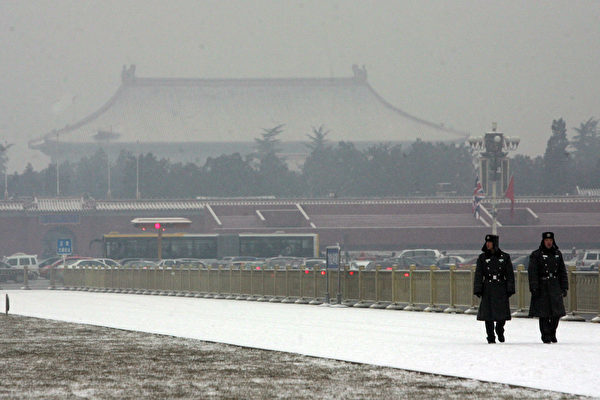
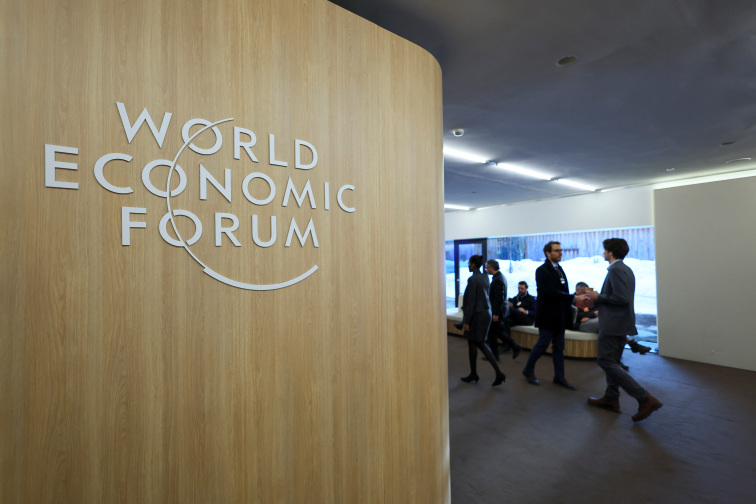
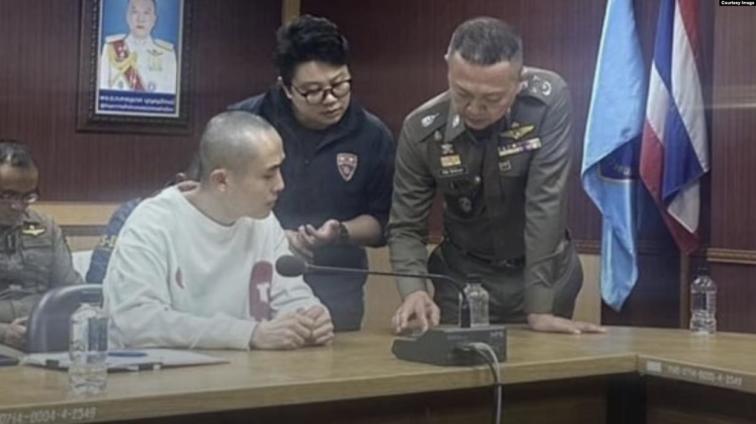
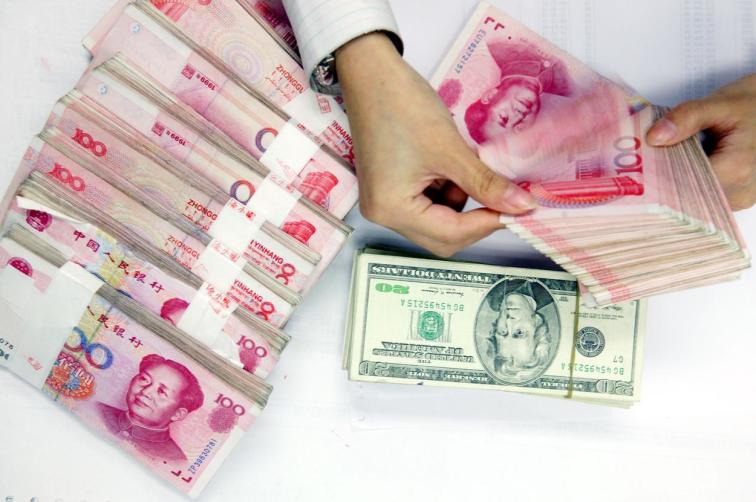
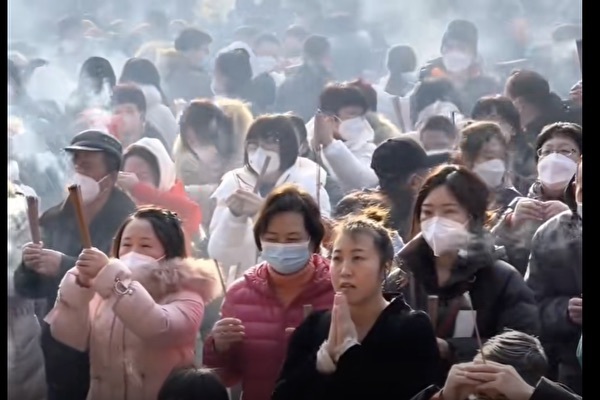
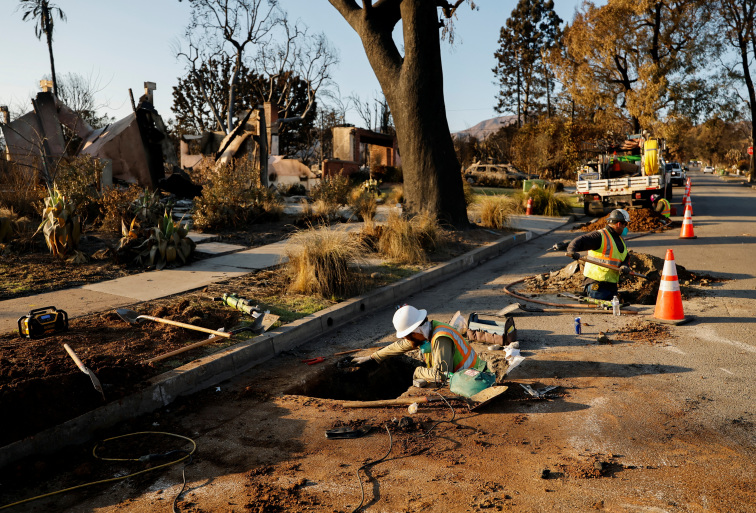

News magazine bootstrap themes!
I like this themes, fast loading and look profesional
Thank you Carlos!
You're welcome!
Please support me with give positive rating!
Yes Sure!